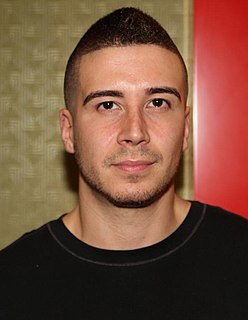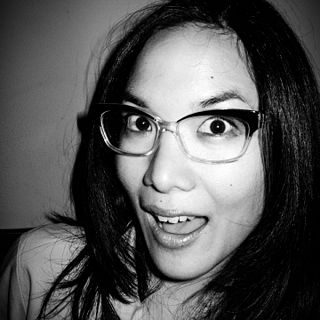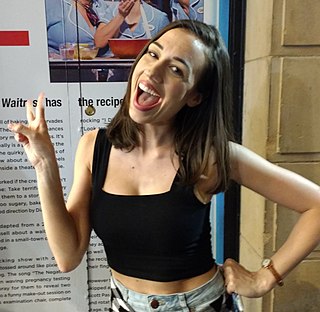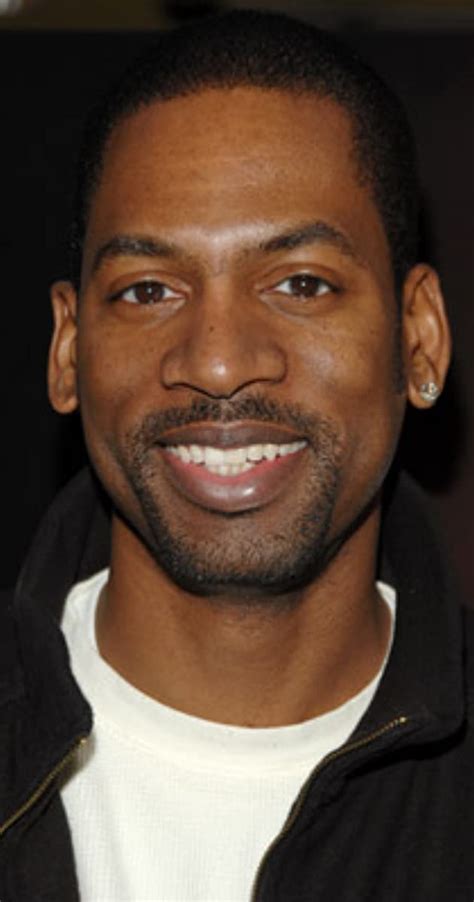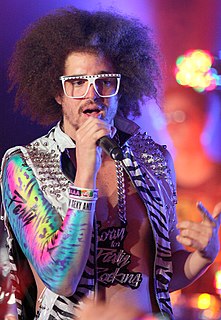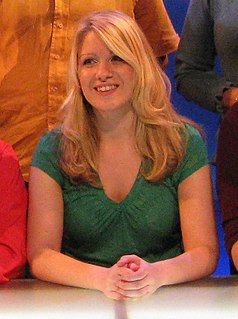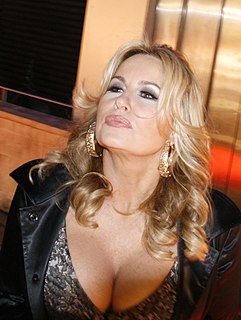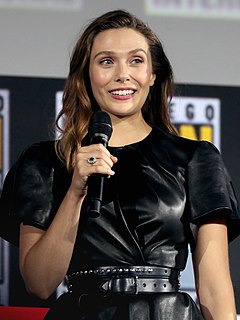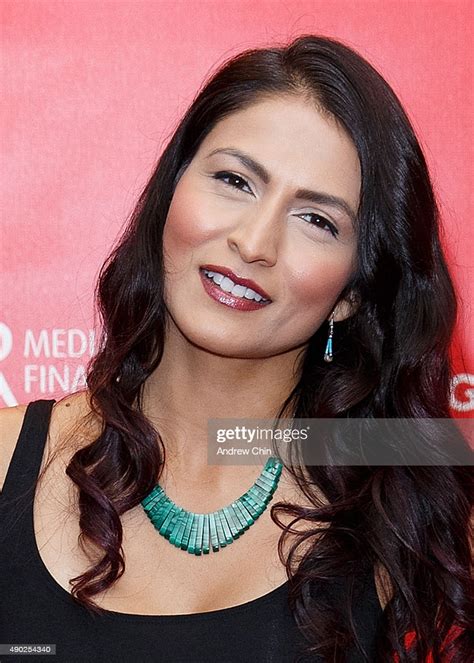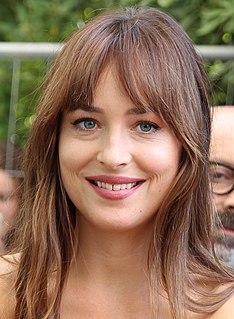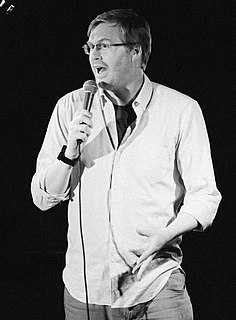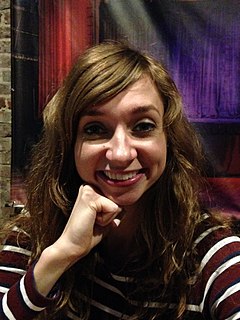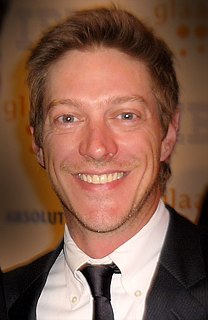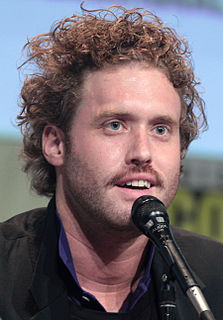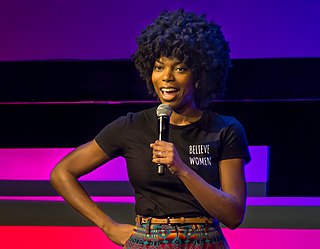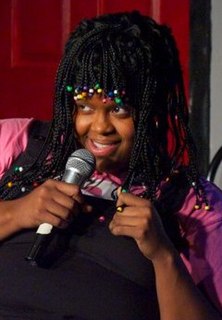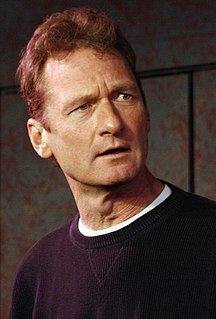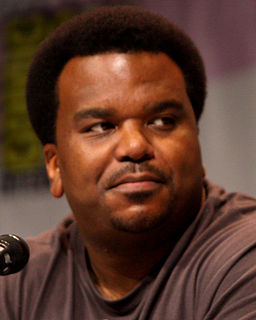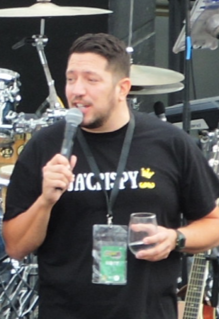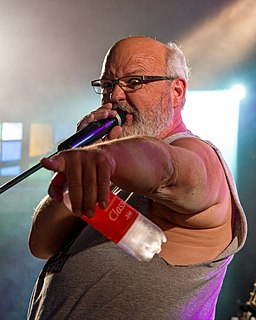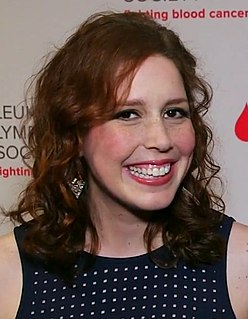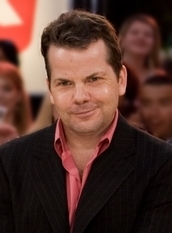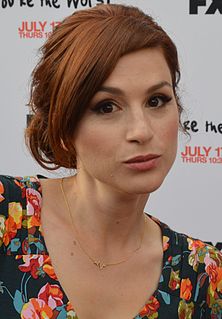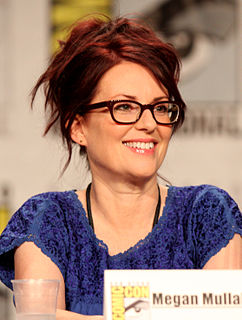Top 1200 Improv Comedy Quotes & Sayings
Explore popular Improv Comedy quotes.
Last updated on April 14, 2025.
If there's one regret I have of my time in comedy it's that I really I was so obsessed with improv for so many years and I exclusively did improv for the first 6 years or 7 years. I was doing comedy and then I started doing solo work and stand up, a bit of writing, making videos, and really going into it on that end.
I think sometimes when people start doing improv there's some regression towards trying to replicate the "good" improvisers that they've read about in their improv books or heard about from their teachers. That's understandable, because they're trying to learn technique and stuff, but I actually think that my favorite performers are ones who have unique improv technique but also have a unique point of view that you can feel with them and their performances.
I remember like that scene with Pharrell where they're at the music video shoot, we have this on camera actually, Pharrell's confused because we weren't doing the script. We were doing all this improv and then Diddy says to him... Pharrell's like I don't understand what's going on and Diddy goes, "We do a lot of improv". (laughter) I remember being we just made him into a comedy nerd. We somehow turned Sean Combs into a comedy nerd, so.
There wasn't a big tradition of comedy at Dartmouth. More than that, there wasn't really anything artsy going on in Hanover, or even in New Hampshire. The cool thing about the school is that there's nothing for people to watch, so if you were to do a play or a sketch or an improv troupe, it was always packed. There's nowhere else for anyone to go. But there was no comedy.
I think with improv - and I say it all the time because it's become such a catch thing that you talk about improv - if the scene is well-written, you don't need to improv. But that being said, if something strikes you in the moment and, most importantly, you know where the scene is supposed to go, it's no different than method acting.
And writing comedy and it really taught me how to kind of like craft jokes, it sounds like weird but really focus on crafting jokes and trying to make the writing really sharp. At the same time I did improv comedy in college, and that helped with understanding the performance aspect of comedy, you know, because it's different when you improv something vs. when you write it and they're both kind of part of my process now.
I was kind of in an experimental phase with The Disposable Rappers. This is boring to me, because it's true, but when I was a sophomore in high school, I visited my sister in college and saw an improv troupe, and that was a genuine moment for me. It was an actual "Aha!" moment. After I saw that, I said, "I want to do comedy." So The Disposable Rappers started doing improv in addition to rapping, and when I went to college, I very specifically went saying "I want to join a comedy group."
Ladies like improv stilts, and I think men like improv giant cocks. But one of the great things about improv is that you get to play some roles you'd never get to play otherwise, you know, like the old Italian pizza-maker who's passing on the business down to his son. You get to play it all when you improvise.
I was on the improv team in high school, and after I graduated, I joined an improv company that had been established 10 years prior to me getting there. They did longform improv, and I fell in love with it. It's acting, character creation, collaborative, artistic expression and comedy - and it's scary. It was a big rush.
